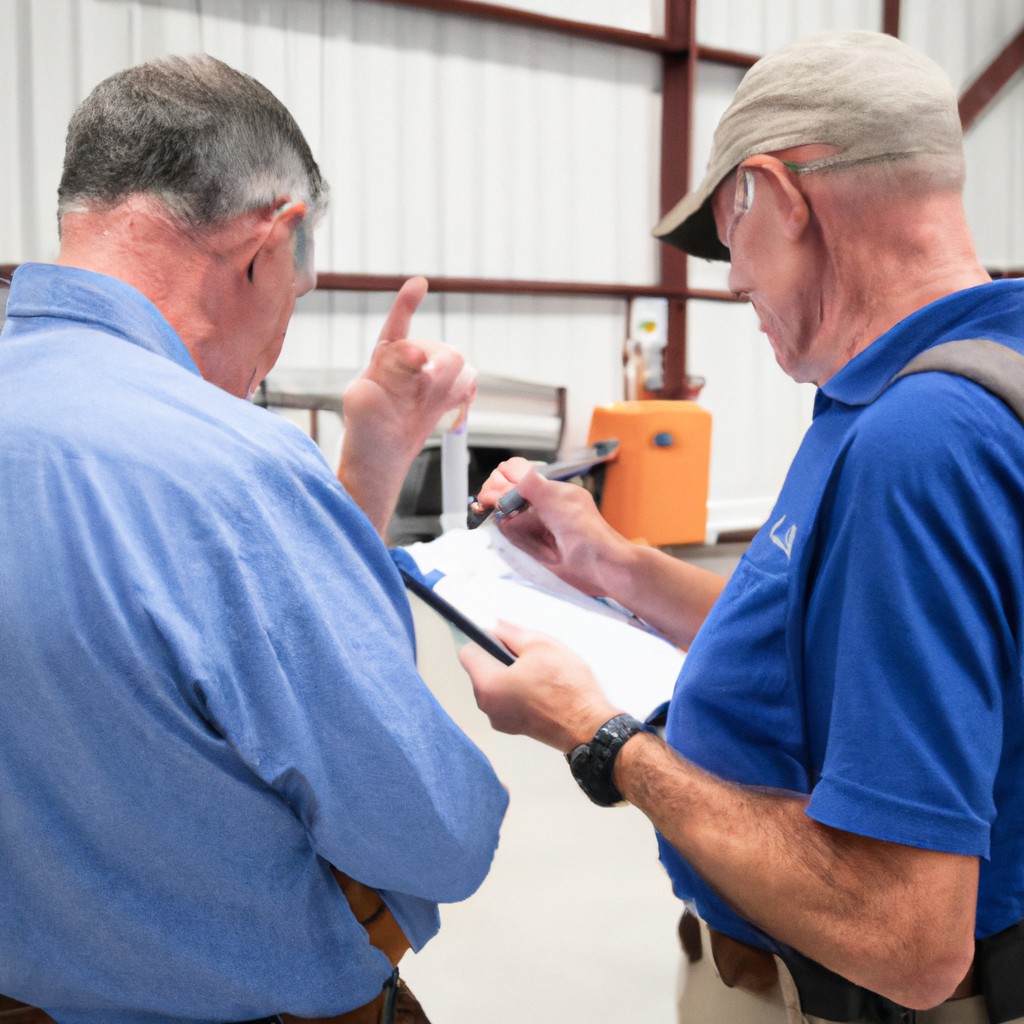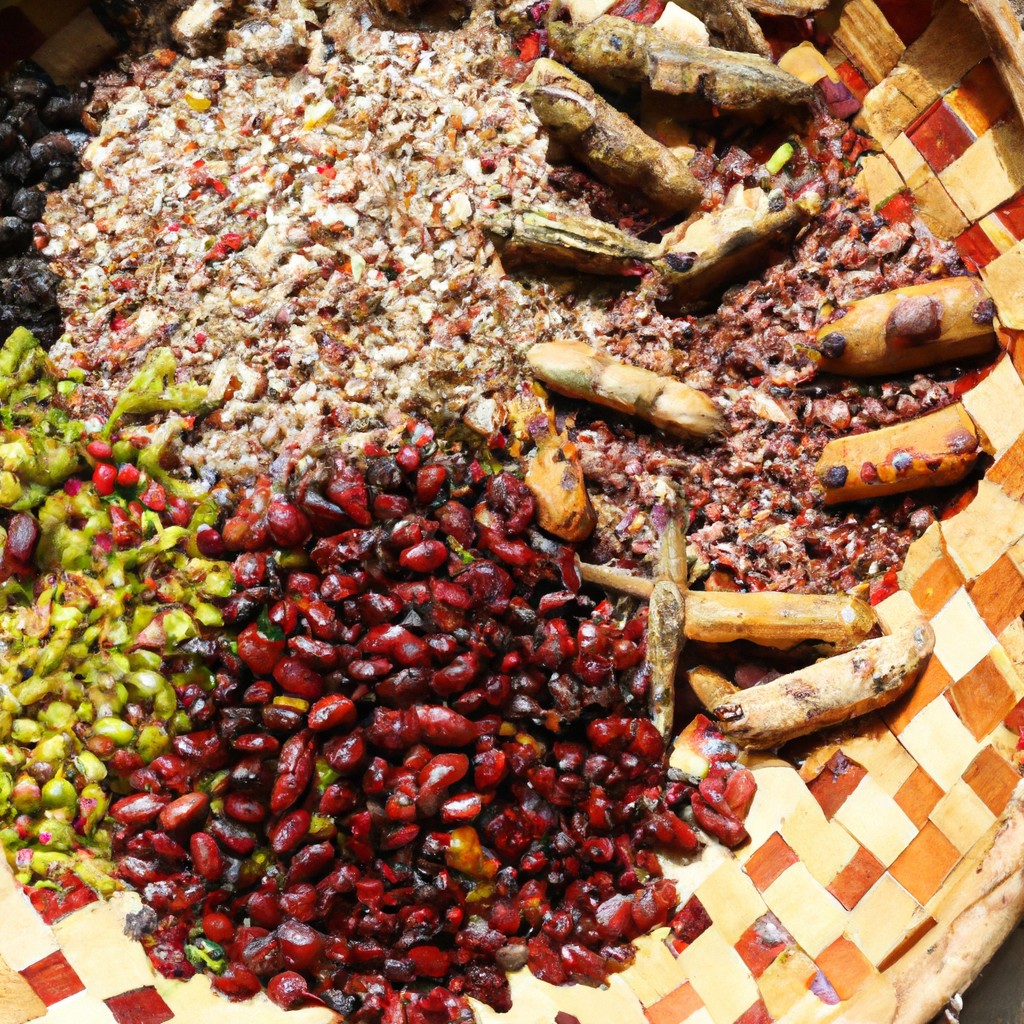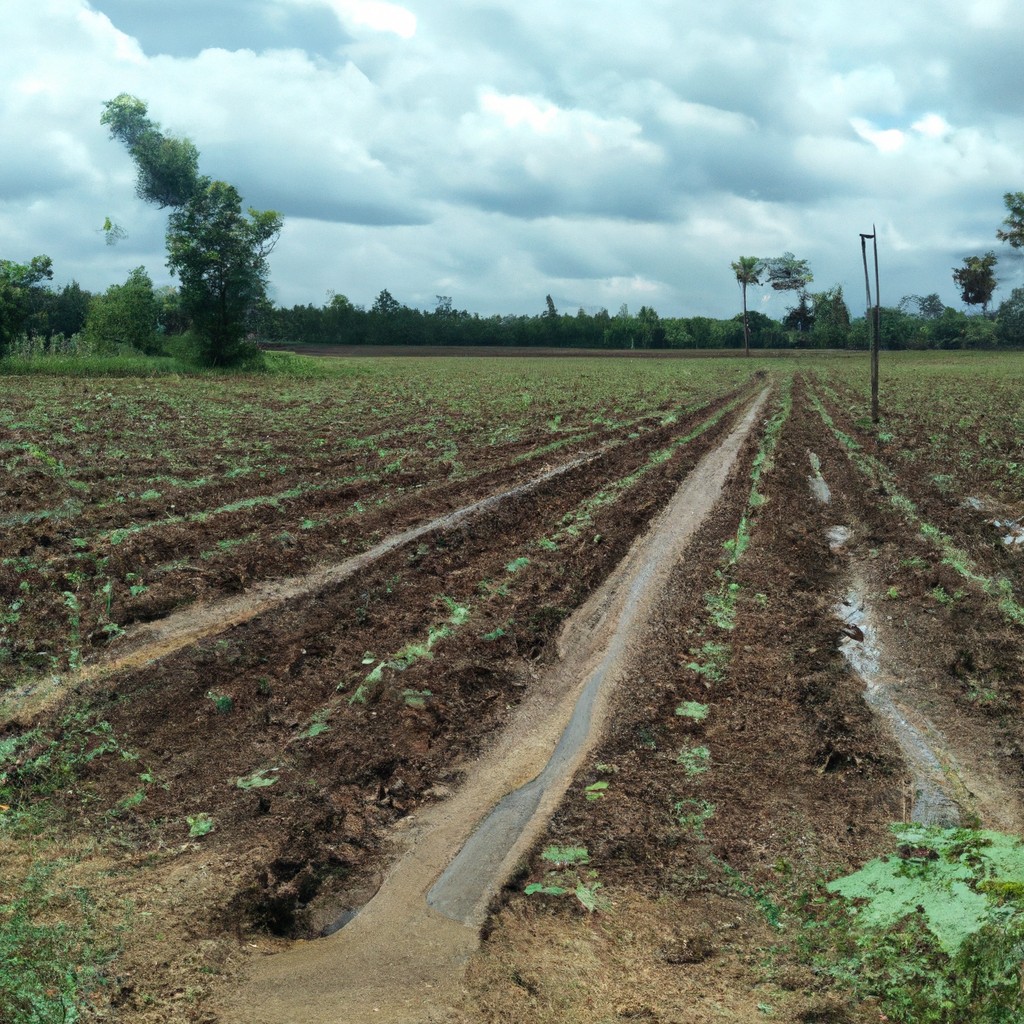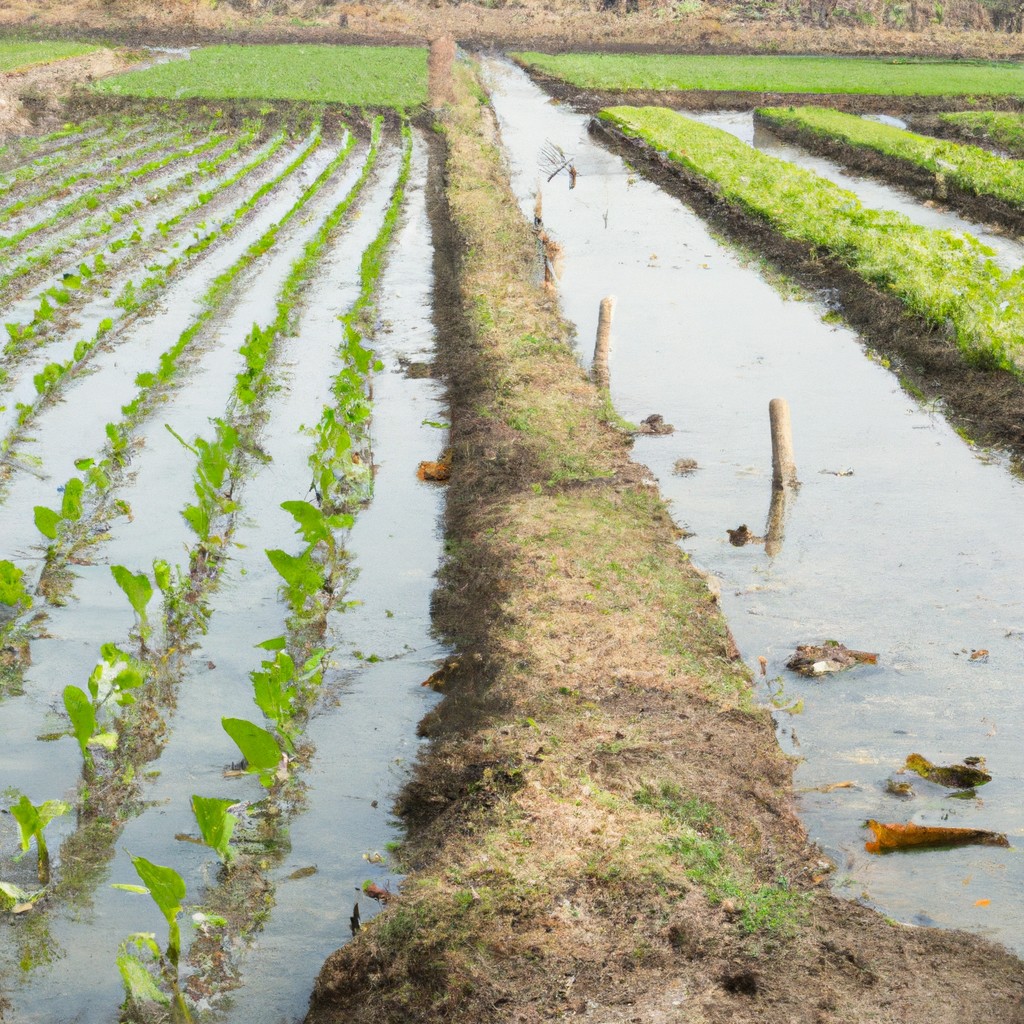Learn how the Louisiana Department of Agriculture supports farmers, monitors safety standards, and promotes sustainable practices in the state.
Look Inside:
Overview of Louisiana Department of Agriculture
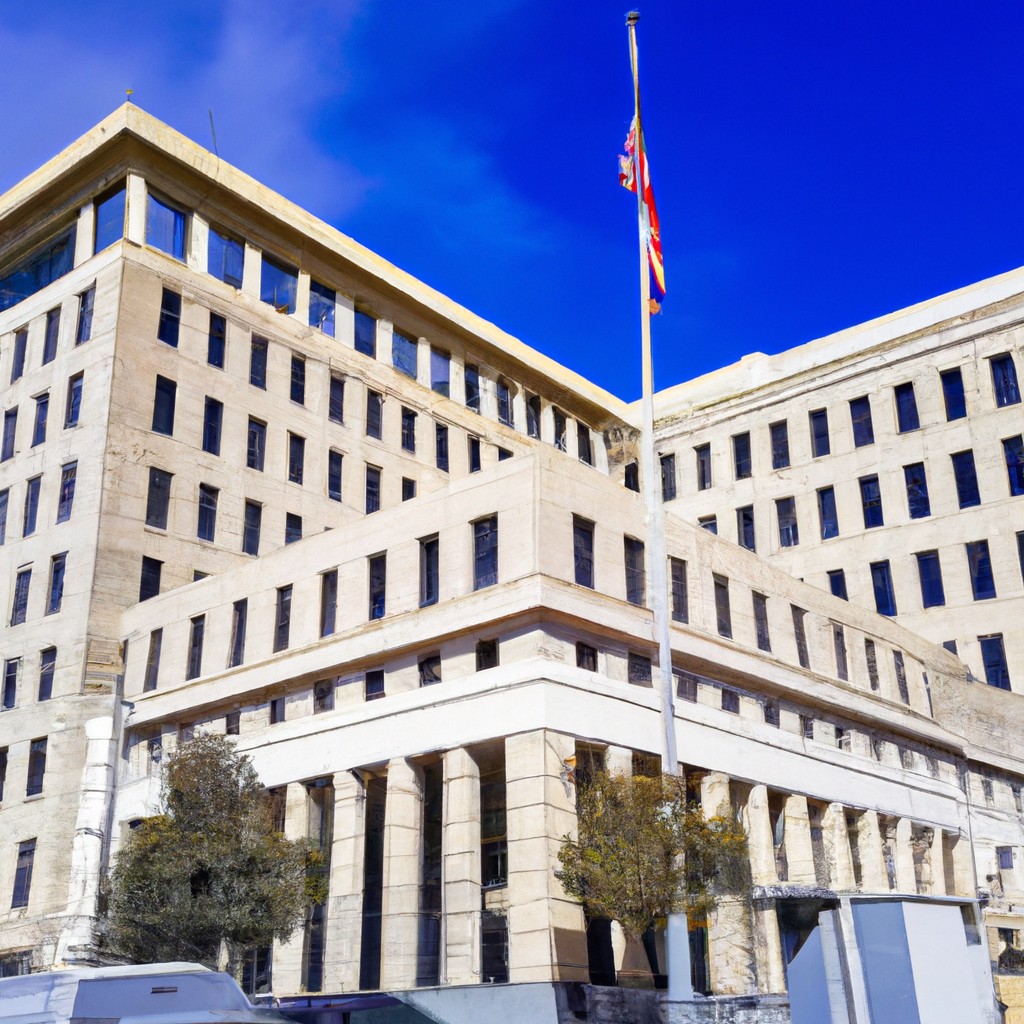
The Louisiana Department of Agriculture and Forestry (LDAF) is the state agency responsible for managing Louisiana’s agricultural resources and promoting the welfare of the state’s agribusiness. It focuses on multiple areas including plant health, animal health, and food safety, ensuring that Louisiana’s agricultural ecosystems thrive in a sustainable and economically viable manner.
A significant portion of LDAF’s responsibilities involves regulatory functions. This includes the enforcement of state regulations concerning livestock, pesticide use, and the overall health of the agricultural sector. Additionally, LDAF provides various services like pest management and disease control to protect both large and small scale farming operations.
The department also plays a pivotal role in disaster response, especially relevant given Louisiana’s susceptibility to hurricanes and flooding. LDAF coordinates efforts to safeguard both crops and livestock during natural disasters, critical for mitigating economic loss in these industries.
Moreover, LDAF supports the agricultural community through educational resources and grants aimed at enhancing agricultural practices and promoting innovative farming techniques. This support not only aids in maintaining high industry standards but also encourages the adoption of environmentally friendly practices amongst farmers.
Fire Conditions and Burn Bans
The Louisiana Department of Agriculture diligently monitors fire risks throughout the state. During dry spells, burn bans are often implemented to prevent wildfires, preserving both life and property. These bans restrict outdoor burning, including the burning of leaves, trash, and brush, and are enforced by local authorities. Residents are advised to comply strictly with these bans to prevent accidental fires that can quickly escalate, especially in windier conditions. Moreover, the state offers resources to help citizens understand current fire conditions and the specific requirements of any active burn bans. This proactive approach helps mitigate potential damage and ensures community safety.
LDAF Commissioner Mike Strain’s Role On FEMA National Advisory Council Subcommittee
Commissioner Mike Strain’s appointment to the FEMA National Advisory Council Subcommittee plays a critical role in shaping federal emergency management policies. With his extensive background in veterinary medicine and agriculture, Strain brings valuable perspectives to disaster response strategies, especially in agricultural crises. His involvement ensures that the unique needs of rural and farming communities are considered on a national scale. This includes advocating for robust resources during natural disasters and enhancing nationwide preparedness measures which directly benefit Louisiana’s considerable agricultural sector.
Strain’s participation not only amplifies the voice of Louisiana in federal emergency planning but also aids in securing more effective support and quicker recovery mechanisms for the state’s farmers and rural communities impacted by disasters. This collaborative effort between state and federal agencies is vital in fostering a resilient infrastructure to tackle a range of emergencies from floods to droughts.
Details On Theft of Livestock in West Feliciana Parish
Recently, West Feliciana Parish experienced a disturbing uptick in livestock theft, significantly affecting local farmers and the economy. Theft ranged from cattle to expensive equipment, causing considerable financial strain and insecurity among agricultural workers. To address these crimes, authorities are intensifying their surveillance methods and urging the community to report any suspicious activity.
Timely reporting can greatly aid in recovery efforts and possibly deter future incidents. The community’s involvement is crucial, as information provided by locals can lead to swift action and resolution. Awareness within the farming community is also being ramped up through workshops focusing on preventive measures to secure livestock and property.
This issue not only stresses the importance of community vigilance but also highlights the need for ongoing collaboration between farmers, law enforcement, and the Louisiana Department of Agriculture to safeguard the region’s valuable agricultural assets.
USDA Partnership in Summer Food Service Program
The Summer Food Service Program (SFSP) spearheaded by the USDA plays a crucial role in combating childhood hunger. During school vacations, when children lack access to school meals, this program ensures they receive nutritious meals at no charge.
Partnerships with local entities allow the SFSP to operate sites across the state. These sites are often found in schools, community centers, and faith-based locations, providing easy access for families.
To enhance participation, the program incorporates educational and recreational activities, making it not just a meal provision service but a holistic community initiative. This dual focus assists in keeping children both physically and intellectually engaged throughout the summer months.
By merging resources, the USDA and local partners create a network that supports the dietary needs of children, fostering a healthier future for the community.
